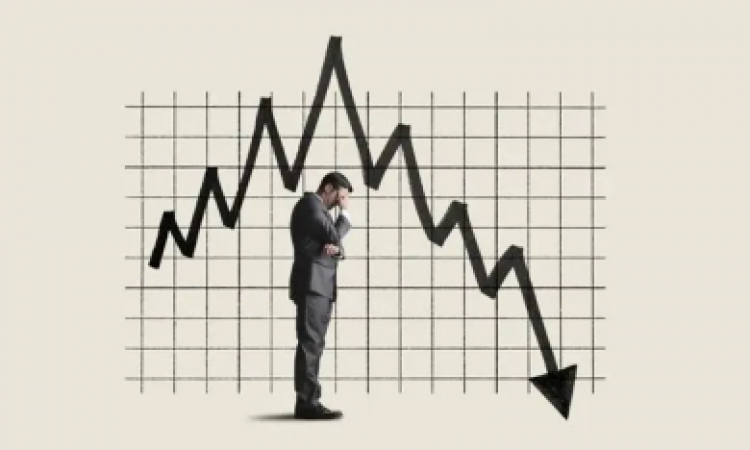
UK: Leading economists around the world spent much of 2022 convincing themselves that, if the world economy was not already in recession, it was about to enter recession. However, a global recession has been postponed to 2023 as the year is coming to an end.
Given how tight the labor market is in the US, it is clear that reports of a recession in the country during the first half of the year were unfounded.
Moreover, the probability of a decline in the coming year is much less than 100%, despite the certainty that many times declare its inevitable occurrence.
Also Read: 2023 Will See The Extension Of The Commodities Boom
However, due to rapid interest rate hikes by the US Federal Reserve and other major central banks, there is about a 50% chance of a recession in 2023 and a 75% chance that it will occur at some point during that year.
Europe, which has been severely hit by rising energy prices, is more likely to enter a recession, which is generally defined as two consecutive quarters of declining GDP.
But it seems that the condition of China is even worse. It has issues similar to Europe, as well as a crumbling real estate sector and a surge in COVID-19 cases, due to the Chinese government's recent decision to reopen the economy without a strong enough vaccination campaign.
Even though it is predicted that China's growth will be much slower than the historical rate to which it has become accustomed over the past four decades, it is unlikely that its GDP will fall by two quarters.
After all, during the height of the global financial crisis in 2008, a mere eight percentage point drop in China's GDP growth was insufficient to offset the reduction in the country's domestic output.
This is another example of the problems with using the rule of two consecutive quarters of negative GDP growth to define a recession.
Also Read: Hopes for the global economy are raised by China's decision to relax Covid travel restrictions
Furthermore, the current economic problems of many nations are self-inflicted due to predictable but harmful policy mistakes. For example, between 2011 and 2021, Europe unnecessarily increased its dependence on Russian natural gas, leaving it extremely vulnerable when the Kremlin launched its conflict with Ukraine.
China's strict zero-covid policy also had high financial costs, and the country's control efforts only delayed the death toll of covid, as there was no plan to ease pandemic restrictions.
For its part, the US has made many mistakes, including willingly giving up control of the liberal international order and ignoring the WTO and the trade agreements its members have long negotiated.
Joe Biden hasn't done much to undo Donald Trump's unfair charges. In fact, his otherwise commendable Inflation Reduction Act violates WTO rules with its "Buy American" clause.
There are signs that the "everything bubble" has finally burst, even though the anticipated negative effects of higher interest rates have not yet materialized.
US stock prices peaked in January 2022 and have been on a decline ever since. Bonds, real estate and emerging market assets declined year-on-year.
I asserted in July 2021 that there was a 90% chance of the asset bubble dominating the financial markets bursting. Although real and even nominal interest rates were near zero or negative at this time last year, historically high valuations—relative to dividends, earnings or earnings—were a clear indicator. A low discount rate made it possible to justify almost any asset price level as the present discounted value of future income.
Four asset classes loudly shouted "I'm a bubble" earlier this year: GameStop, cryptocurrencies, NFTs, and special-purpose acquisition firms like meme stocks. They were all innovative, though perhaps not in a good way, and by the end of the year, they had all failed.
Also Read: In 2023 the world economy is projected to enter a recession
But should astute investors "buy the dip" and view these dips as opportunities? It is reasonable to assume that stock prices may fall further before they are in line with economic fundamentals as they are yet to recover from the levels they were on the day before the pandemic three years ago. The same can be said for cryptocurrencies, which have no inherent value.